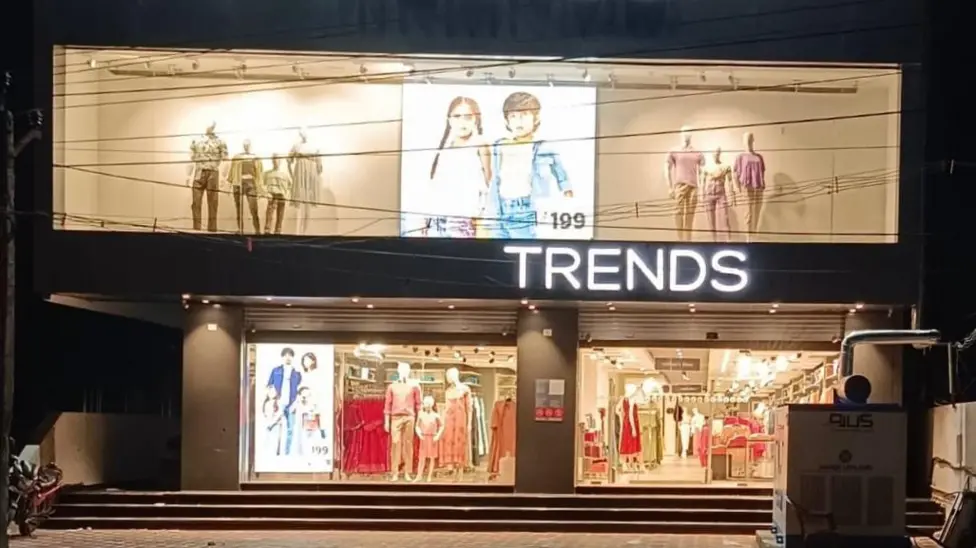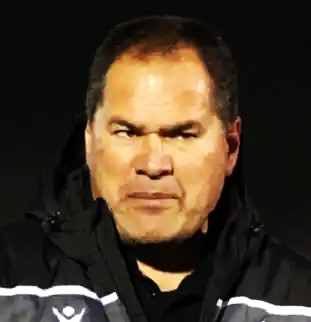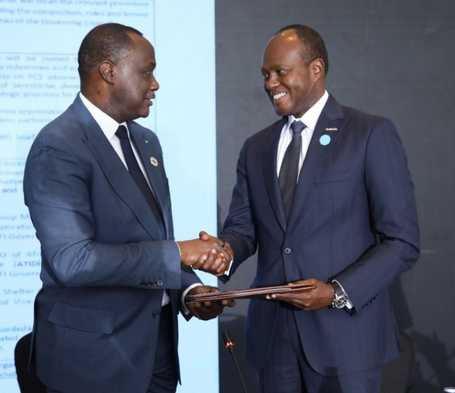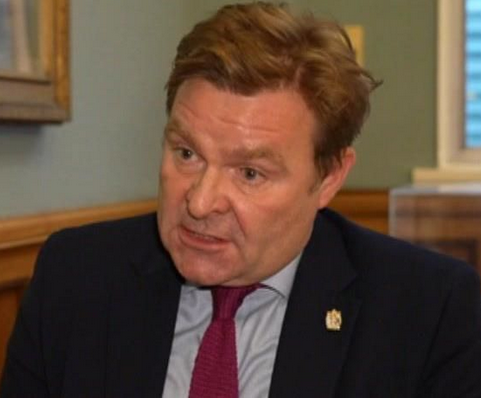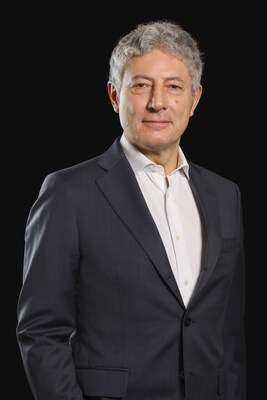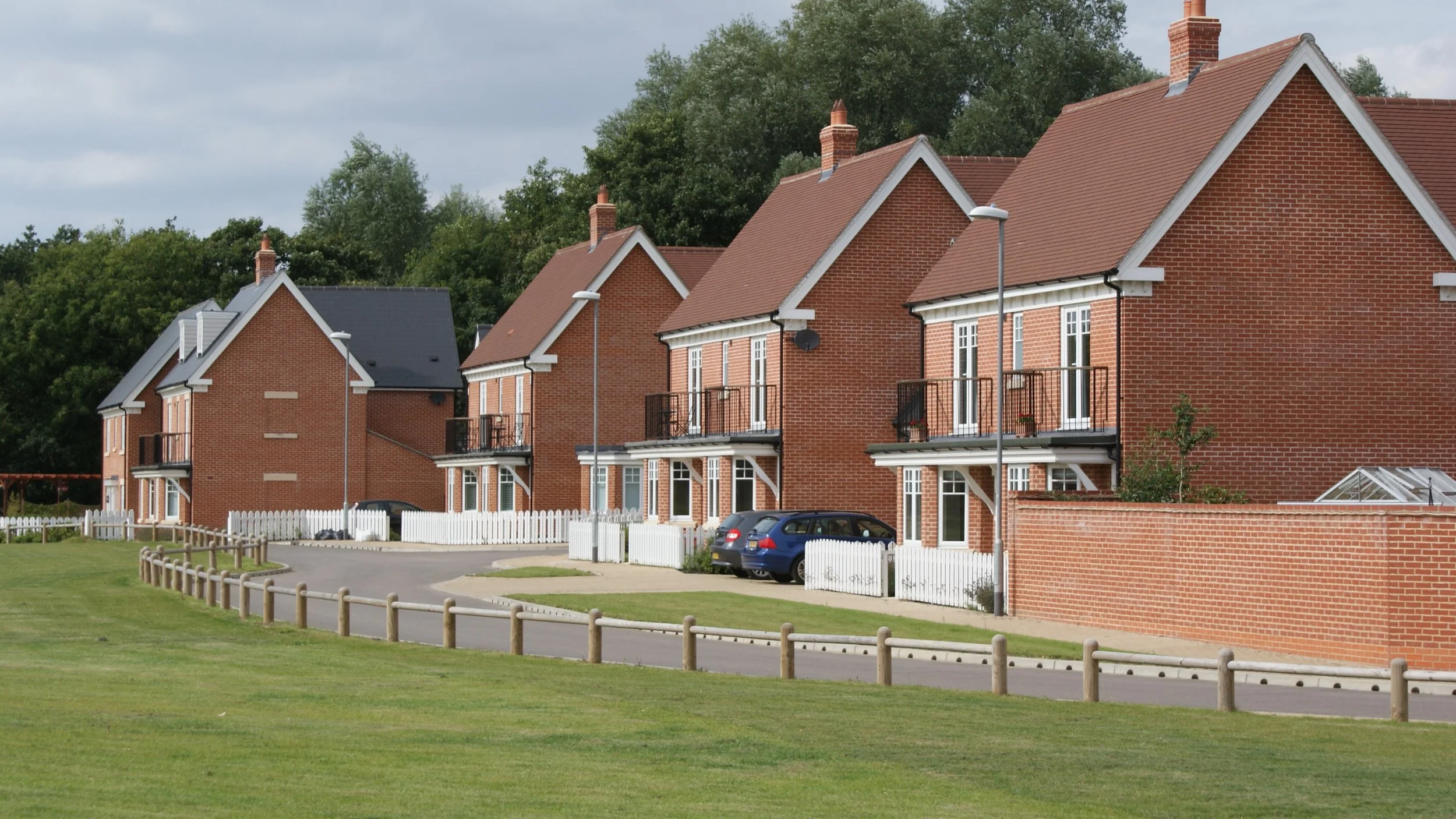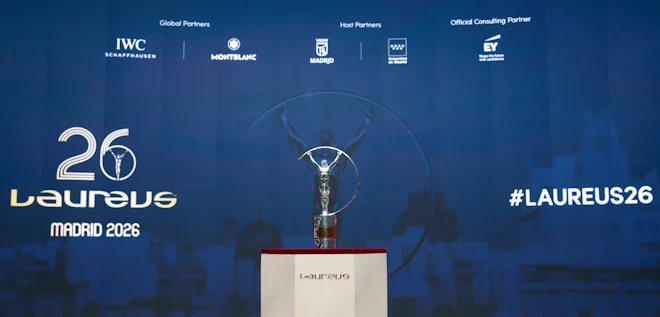The Clearing is a vision of the future, coming to the grounds of Compton Verney Art Gallery and Park from March to December 2017. British artists Alex Hartley and Tom James are creating a living, breathing encampment in the shadow of a stately home on the shores of an idyllic lake, where people can come together to explore at first hand a future afflicted by climate change. And they need your help.
In the middle of The Clearing they’re building a geodesic dome from scrap materials (metal and old doors) inspired by the utopian communities of 1960s America. And now they are looking for volunteer caretakers to come and occupy it for a series of short periods throughout the year, to help bring the vision to life.
In the dome, you’ll have access to a stove, a bed, a means to cook and heat water, a toilet, a solar-powered lamp, and a library of hippy-survival guides from throughout the ages. You’ll be expected to help with the upkeep of The Clearing (chopping wood, feeding the chickens, fixing the fence if it falls down etc etc), introduce visitors to the project and write a short report afterwards of what happened.
Anyone can apply to be a caretaker – however you’ll need to be resilient (you’ll be in the middle of the countryside on your own at some points), interested in or worried about a future without fossil fuels and available for a five day period between March and December 2017. Plus, of course, you’ll need to be very happy to shower outdoors.
Alex says “Climate change is happening: temperatures are soaring, sea levels are rising, floods are happening all over the world. Global economics won’t ever recover. But no-one is doing anything about it, because no-one can imagine our society not being here. We want to help people get out of the everyday, to feel what climate change might feel like, see it, touch it, taste it. This is a recreation of the future as we see it.”
Tom adds “The Clearing aims to teach people how to live in the world that’s coming our way. We’ll be running a series of workshops throughout the year, to teach people the skills they’ll need once the seas have risen and the global economy has collapsed: from building a fire and digging a toilet, to making mead and building wind turbines, to restarting democracy and astronomy for survivors.”



